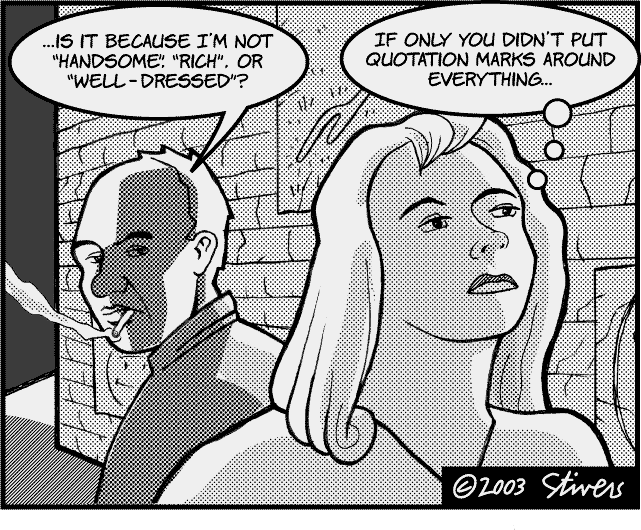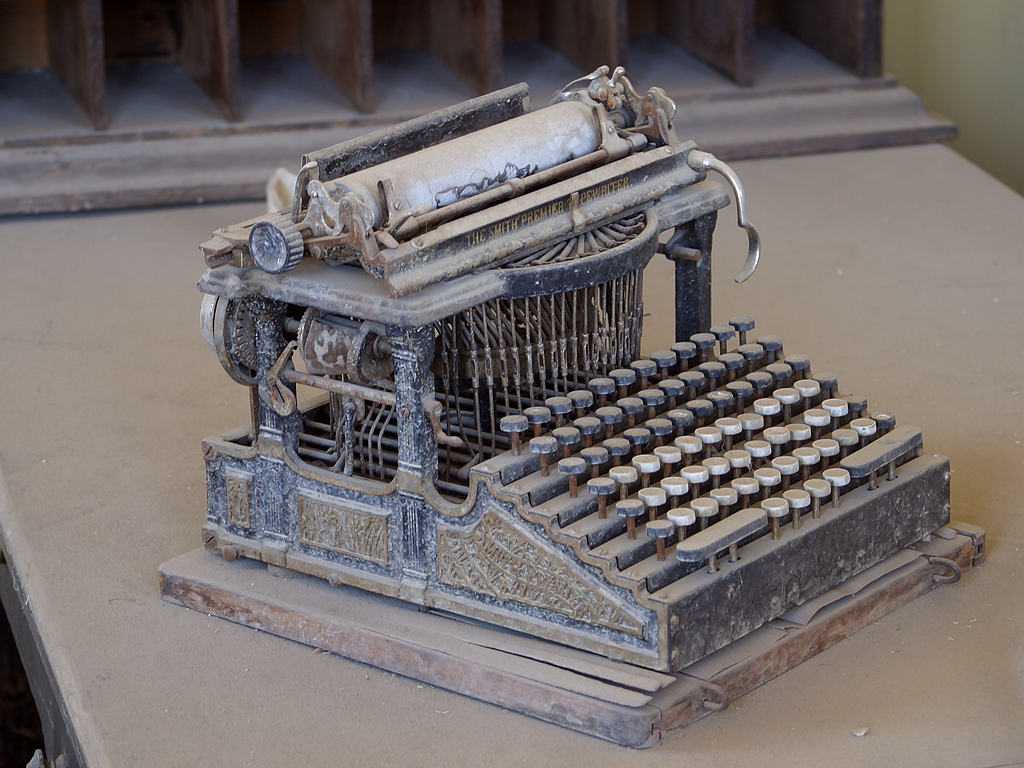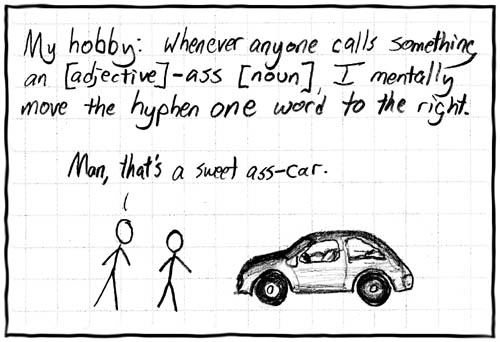I've never been one for writing with a partner. Sure I've collaborated on scripts and short stories and one novel with other people but overall I prefer to write alone. But the idea of a communal novel has always fascinated me. One that everyone thinks of first is
opensourcenovel.com which is up to um...page 4 as of this post. I'd contribute to it but it's written in the first person and I'm not a big fan of anything other than 3rd, I'm snootish like that. Then there's
Novel Twists which is quite similar and up to page 41.
A million penguins is another one but much further along.
Scriblist is interesting because it could be a door to getting published.
Other famous collaborative books range from the classic novel format such as
The Whole Family which had 12 authors, one for each chapter (
Natural Suspect is a modern version of that idea) to the more technically minded tomes of
Wikibooks and a variant on that called
OpenEffort. Even fan fiction has dipped into the idea with things like the
Blade Runner Interactive Story.
There are even collaboratively created worlds such as those at
Galaxiki.
One thing to consider regarding open source collaborative novels is the concept of
crowdsourcing where the creative energy expended transitions from something fun and donated to something that's labor and a potential profit making project.
Another thing is that this collaborative crowdsourced novel idea doesn't always work.
Smart Gene is an example of this. Then there was
unblokt which (I think, from memory here) allowed a different person to pen each sentence in a collaborative novel.
Other than Wiki's there are a few online tools out there for open sourcing novels. Two of the best I think are
Glypho and
Writeboard.
(There is some novel that was written collaboratively by various authors mailing in their chapters and not having read or even knowing about the other authors work. It was published and there was some confusion about it but I just cannot remember the name of it...gah. I'll post it here if I think of it.)
Overall, other than for the sake of art I don't think collaborative novels work all that well. Too many cooks and all ya know? As experimental art okay, and for technical books it could work but for fiction I'm beginning to think that even two authors is one too many for a novel.






















 This
This
